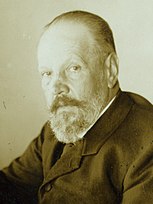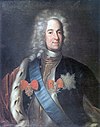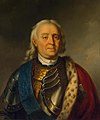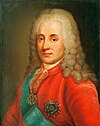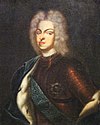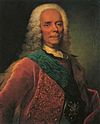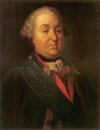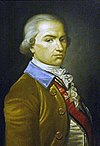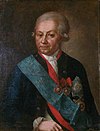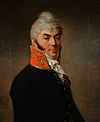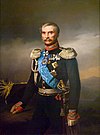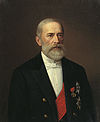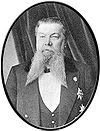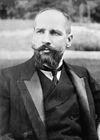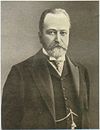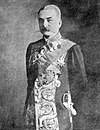List_of_heads_of_government_of_Russia
Approximately 38 people have been head of the Russian government since its establishment in 1905.
- Top left: In 1905, Sergei Witte became the first prime minister of the Russian Empire.
- Top right: In 1917, Vladimir Lenin became the first prime minister of the Soviet Russia and later the Soviet Union (1922).
- Bottom left: In 1992, Viktor Chernomyrdin became the first prime minister of post-soviet Russia.
- Bottom right: Mikhail Mishustin is the current prime minister.
The Council of Ministers of the Russian Empire, created in November 1905, was preceded by a number of cabinet-like institutions. Oldest of them was the Supreme Privy Council, created in 1726 by the empress Catherine I. Considering weakness of her and her successor's powers, the Council acted as government of the Russian Empire until 1731. Its successor departments such as the Cabinet of Her Imperial Majesty (1731–41), the Conference at the Highest Court (1756–62), the Imperial Council (1762) and finally the Council at the Highest Court (1768–1801) remained mostly advisory bodies to the monarch.
The ministerial reform of 1802 introduced the Committee of Ministers, which competence was limited to interagency issues. The Committee was not responsible for the activities of individual ministries and for the coherence of their policies. Beginning with Count Aleksandr Romanovich Vorontsov, the eldest of the officers was de facto chairman of the committee. Eight years after the inauguration of the manifest, the first de jure office holder was Count Nikolay Rumyantsev.[1] According to the tradition established over time, the chairmanship of the Committee was the last honorary position, to which elderly respected officials were appointed.
The Council of Ministers was unofficially formed in October 1857, as a result of Emperor Alexander II's reforms; its first session began on 19 (31) December 1857. Before the actual formation of that body on 12 (24) November 1861, the Emperor himself was in charge. The Council of Ministers consisted of chairmen of the State Council and the Committee of Ministers, as well as high-ranking officers appointed by the Emperor. The first session ended on 11 (23) December 1882, after the number of files to the Council greatly decreased.[2][3]
The imperial Council of Ministers was re-established in late 1905, as a part of the large-scale government reform caused by the First Russian Revolution. All ministries and departments became parts of a single national administration. The Committee of Ministers functioned simultaneously with the second session of the Council of Ministers for six more months; Count Sergei Witte participated on both entities until the abolition of the committee on 23 April (5 May) 1906.
By the order of Emperor Nicholas II, the second session of the Council of Ministers began on 19 October (1 November) 1905, following the formation of the State Duma. Shortly after the February Revolution and the inception of the Russian Provisional Government on 2 (15) March 1917, Georgy Lvov from the Constitutional Democratic Party became Minister-Chairman, who was succeeded by Alexander Kerensky in July.
In November 1917 the Provisional Government was overthrown by the Bolshevik faction of Russian social democrats led by Vladimir Lenin. The Council of People's Commissars of the Russian Soviet Republic became the new governmental body, which was chaired from 1917–24 by Lenin. That body was renamed Council of Ministers following a decree of the Supreme Council on 23 March 1946. The same was made in other republics of the Soviet Union.
After the fall of the Soviet Union, Boris Yeltsin, as the President of the Russian Federation, was appointed as the extraordinary head of government of the Russian Federation. The latter body took the name "Council of Ministers — Government of Russia", the chairman of which became Viktor Chernomyrdin, replacing acting chairman Yegor Gaidar. According to the new constitution ratified on 25 December 1993, the "Government" (Russian: Правительство, romanized: Pravitelstvo) is the official name of the Russian cabinet. Since then, the head of that office takes the formal title "Chairmen of the Government" or colloquially "Prime Minister."
Current Prime Minister Mikhail Mishustin took the office on 16 January 2020.
The youngest head of government by his accession to office was Sergey Kiriyenko (1998), at age 35, and the oldest Ivan Goremykin (1914), at age 74.
